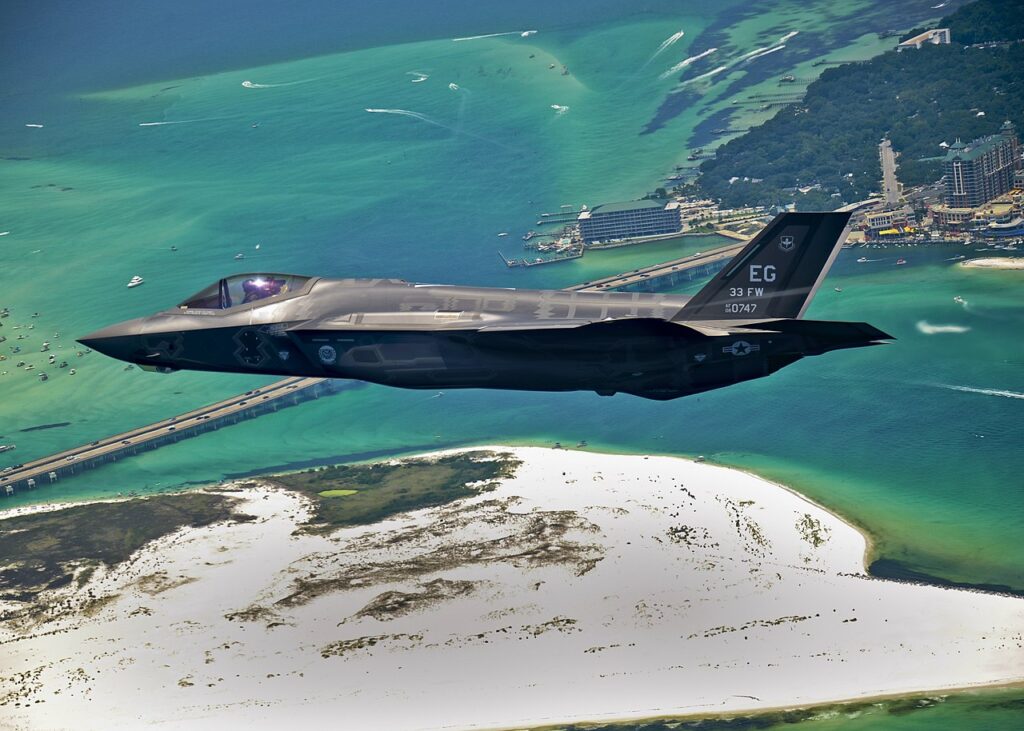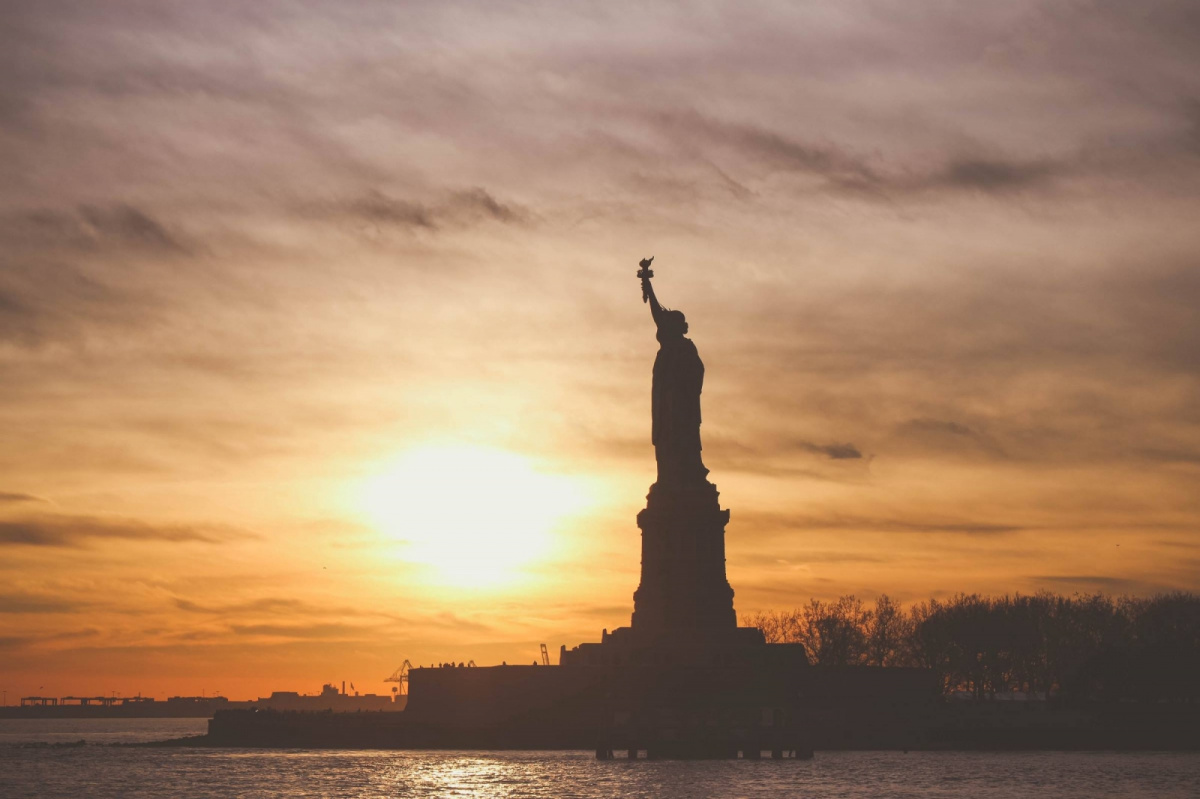A European Perspective on the American Divide
US Tariffs, Trade, and the Illusion of Protection
As Trump introduces a new wave of tariffs — this time targeting foreign electric vehicles, solar panels, and strategic tech — the message seems clear: protect American industry at all costs.
But these trade barriers don’t address the real issues. They won’t lower housing costs, fix broken healthcare, or improve the lives of ordinary Americans. On the contrary, they may increase prices for consumers and deepen the illusion that outside forces are to blame — while the core problem lies within.
And what about the EU’s so-called “unfair” trade surplus? While Washington points to a 20% trade gap with the European bloc, countries like the Netherlands — where I live — actually import more from the U.S. than they export. Dutch companies buy American energy, software, agriculture, and defense systems. Global trade isn’t a zero-sum game. It's complex, interdependent, and, in many ways, tilted in America’s favor.
Who Really Made America Rich?
Trump’s rhetoric paints Europe as a freeloader. But let’s take a step back. Europeans have long been enthusiastic buyers of American culture, products, and technology. We pay for U.S. software, stream their content, drive their cars, and even fly their fighter jets.
And let’s not forget: our troops joined U.S.-led wars, funded NATO operations, and supported an American defense industry that reaps billions — including through joint programs like the F-35. So when Washington asks, “Who’s stealing from us?”, the more honest question might be: Who’s helping sustain you?

From my chair in Europe, this isn’t just about trade. It raises a deeper question:
How can the richest country on Earth still be asking for more — from its citizens, allies, and the rest of the world?
The Numbers Don’t Lie
Yes, the U.S. has the largest GDP in the world. But when it comes to distribution, the picture changes. The top 10% of Americans control over 70% of the wealth. The top 1% alone hold about 35%. Meanwhile, the bottom 50% own just 2–3%.
That’s not just inequality — it’s a structural imbalance. And it’s one that leaves millions behind.
So if the American middle class is struggling, the question isn’t: Who took their wealth?
It’s: Who’s been holding it all along?
Why the Richest Country Still Needs More
Let’s break it down:
1. Wealth ≠ Fair Distribution
GDP is often used as a symbol of national success. But GDP growth only tells us how much is produced — not who benefits from it. In the United States, economic growth has largely rewarded shareholders, corporations, and the ultra-rich. Meanwhile, wages for average workers have stagnated for decades when adjusted for inflation.
In practice, this means that while the U.S. economy may be growing “on paper,” millions of Americans are stuck living paycheck to paycheck, struggling to build savings or afford long-term security. The wealth gap has widened to the point where one billionaire can earn more in a day than a teacher does in a year. Growth exists — but fairness does not.
2. Cost of Living Is Sky-High
Even people with decent jobs are struggling to cover the basics. Housing costs have skyrocketed, especially in urban areas. Healthcare can bankrupt a family in a single emergency. University tuition is among the highest in the world, and student debt has become a generational burden.
For middle-class Americans, it's not just about luxuries being out of reach — it’s about survival becoming more expensive every year. When the cost of living rises faster than wages, it creates a quiet crisis that erodes wellbeing, trust, and opportunity.
3. Weak Social Safety Nets
In many wealthy nations, safety nets are part of the social contract. In the U.S., however, basic protections like paid sick leave, affordable child care, and unemployment insurance are inconsistent or inadequate. Many Americans rely on their job for health insurance — so losing a job means losing healthcare.
This system amplifies insecurity, especially for working families. It punishes vulnerability, rather than buffering it. Compare this to countries in Europe where getting sick or taking parental leave doesn’t mean risking poverty.
4. Crisis Amplifies Inequality
When a crisis hits — a pandemic, a financial crash, or widespread layoffs — inequality doesn’t pause, it accelerates. Wealthy individuals can weather storms with savings, stock options, and remote work. Poorer communities, however, face lost income, eviction, and deepening debt.
We saw this during COVID-19: billionaires got richer, while essential workers faced the virus without proper protection. Without strong public safety nets, the most vulnerable carry the heaviest burdens. And often, they’re the same people who keep society running in a crisis.
5. Low Public Investment
Education, clean energy, broadband infrastructure, public housing — these are long-term investments in people and progress. But in the U.S., public funding for these areas is often fragmented, underfunded, or politically blocked.
Instead, enormous sums go to short-term subsidies, corporate bailouts, or debt servicing. The result? Bridges collapse. Public schools deteriorate. Entire regions lack affordable internet access or clean water. It's not that the U.S. can’t afford to invest — it’s that the political will often isn’t there.
6. Defense vs. Balance: Rethinking Priorities
The U.S. spends more on its military than the next ten countries combined — including China, Russia, and most of NATO. This level of defense spending consumes over half of all discretionary federal funding, leaving key areas like education, healthcare, and infrastructure underfunded.
Of course, we in Europe recognize the immense role the United States has played in securing peace — especially during and after the Cold War. America’s presence has helped deter aggression and maintain stability across regions. For that, we are grateful.
But gratitude doesn’t mean silence. The U.S. has also pursued an increasingly assertive and, at times, unnecessarily aggressive foreign policy — one that has come at a high financial and human cost. That aggressive stance has often extended far beyond what’s needed for defense.
That’s why it’s encouraging to see European countries stepping up and contributing more to NATO. Shared security should also mean shared responsibility — and smarter spending.
A balanced budget should reflect the values of a society. And while defense is vital, a nation’s true strength is measured not just by its weapons — but by the wellbeing of its people.
What Would Happen if Wealth Were Shared Fairly?
Poverty Would Plummet
With even a modest redistribution of wealth, millions of families could rise above the poverty line. They’d gain access to basic needs — safe housing, quality healthcare, clean water, and nutritious food.
When people aren’t consumed by survival, they can focus on stability and growth. Children go to school fed and focused. Parents work with dignity instead of desperation. Entire communities become healthier, safer, and more resilient.
The Middle Class Would Revive
The middle class is the engine of any healthy democracy — but in the U.S., it’s been shrinking for decades. With a fairer economy, middle-income families would regain spending power. That translates to more small business activity, homeownership, savings, and upward mobility.
More disposable income means more economic circulation. It’s not just good for families — it’s good for sustainable economic growth. Trickle-down doesn’t work, but “spread-out prosperity” does.
Public Services Would Improve
When wealth is more fairly taxed and redistributed, governments can properly fund the things that make society work: schools, hospitals, roads, public transport, and digital infrastructure.
The benefits don’t just reach the poor — they elevate everyone. A child in a well-funded school is more likely to thrive. A city with good public transport reduces traffic and pollution. High-quality public services are a sign of a nation investing in its own future.
Crime and Instability Would Decline
Countless studies have shown that societies with high inequality suffer from higher levels of crime, anxiety, depression, and social unrest. When people feel hopeless, left out, or unheard — tension builds.
But when people have security, dignity, and a stake in society, violence declines and trust grows. A more equal society isn’t just more just — it’s more peaceful.
Opportunity Would Expand
Talent is everywhere — but opportunity is not. A fairer distribution of wealth would allow more people to start businesses, take creative risks, pursue higher education, or simply take time off to care for loved ones.
Right now, many brilliant ideas die in the minds of people who can’t afford to pursue them. Imagine what could happen if more people were freed from constant financial pressure. We wouldn’t just see more fairness — we’d see more innovation, beauty, and humanity.
But Why Isn’t It Done?
Because those who own the most also influence the most. Policy, media, and public opinion are shaped by those with money and power.
Redistribution is painted as “radical,” even when it’s logical, just, and widely beneficial.
In truth, most people — not just the poor — would thrive in a fairer system.
The resistance to change isn’t based on economics.
It’s rooted in fear of losing control.
Rewrite the Rules
The American Dream still has cultural power: work hard, play fair, and succeed. But for many, it’s no longer a path — it’s a myth.
From a European perspective, the U.S. doesn’t need more money from its people.
It needs more fairness for its people.
This isn’t about punishing the rich. It’s about repairing the social contract. A society should work for all — not just a chosen few.
Because in the end, the richest country on Earth shouldn’t feel this poor.
A View From Europe
In Europe, we’re far from perfect. But we’ve made different choices.
-
Healthcare doesn’t bankrupt families.
-
Education is accessible.
-
Public transport, childcare, and paid parental leave are standard — not luxuries.
Maybe it’s no coincidence that 18 of the 20 happiest countries are in Europe.
Those Europeans — just a bunch of liberals?
Maybe. But this isn’t about socialism. It’s about common sense and human decency.
We’ve built systems where wealth circulates, not accumulates. Where people can fall — but not disappear through the cracks.
So before dismissing us as “idealistic,” maybe it’s time to look at what’s working.
Not because it’s left-wing — but because it’s sustainable.
A Closing Thought
Let’s be clear: this isn’t a call for revolution. It’s a call for balance.
In Europe, we’re lucky to have systems that — while imperfect — offer stability, dignity, and trust.
Let’s talk less about punishment, and more about repair.
Let’s move from fear of change to courage for fairness.
And if you agree, feel free to share this story — or better yet, start a conversation.
Good luck from Europe,
Pieter Vijgeboom
Article on Linkedin: https://www.linkedin.com/feed/update/urn:li:activity:7314052608757780480
